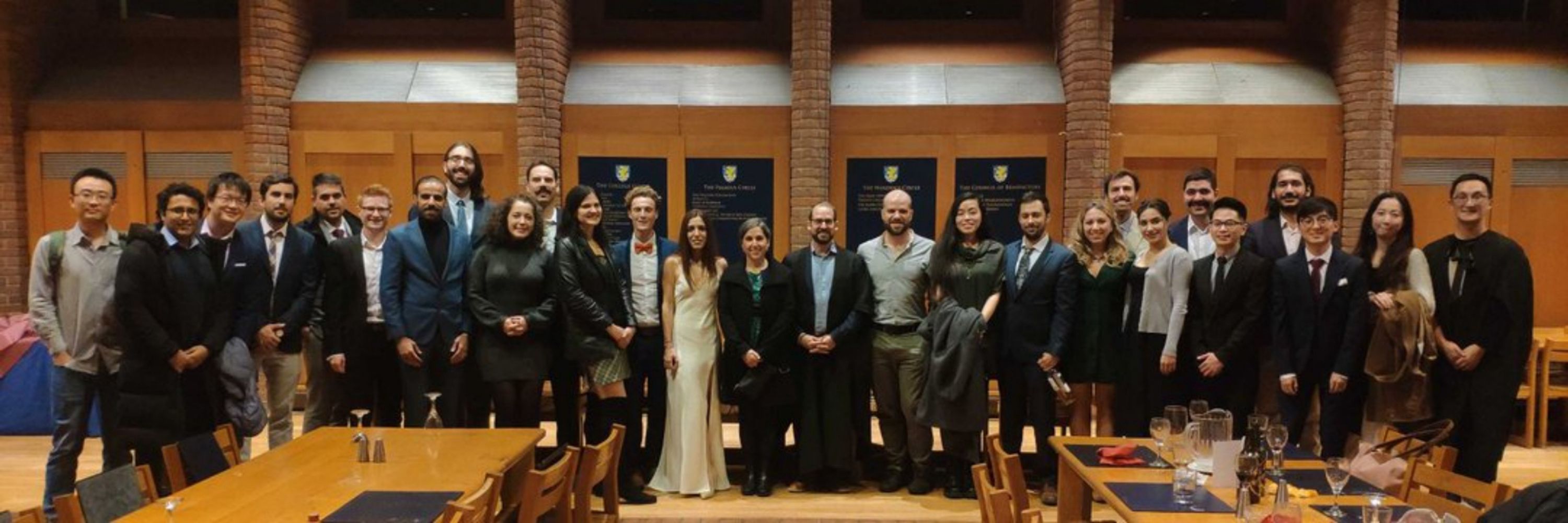



Both studies point to a clear future: design nanomedicines from the outset for safety, precision, and impact.

Both studies point to a clear future: design nanomedicines from the outset for safety, precision, and impact.
authors.elsevier.com/a/1lZ2o9Cyxd...
authors.elsevier.com/a/1lZ2o9Cyxd...

